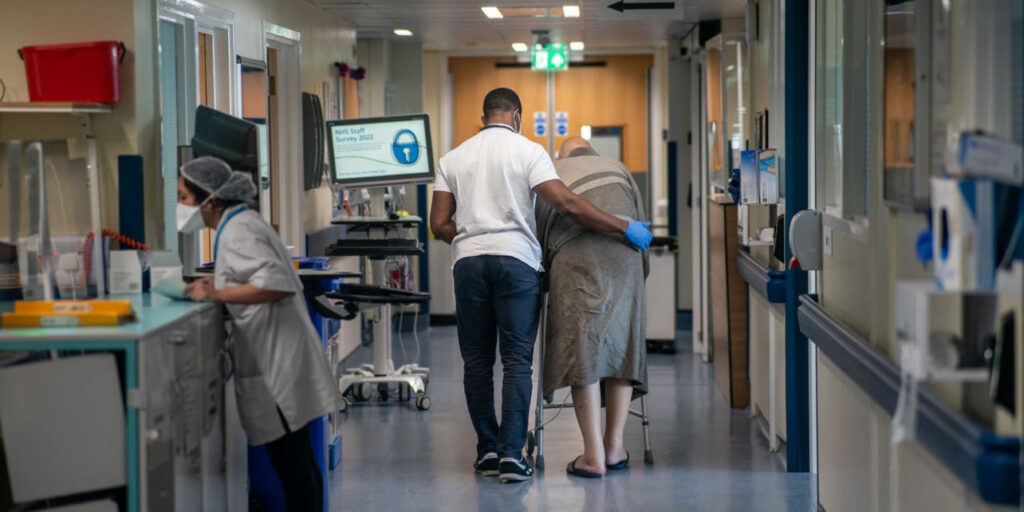England has been met for the first time since the benchmark was introduced, according to new official figures. However, health charities have warned that many patients still face “unacceptable delays” in accessing timely cancer care.
80% of Cancer Patients Diagnosed Within 28 Days
According to the latest NHS data, 80.2% of patients urgently referred for suspected cancer were diagnosed or had cancer ruled out within 28 days in February — surpassing the NHS target for the first time since its introduction in April 2021. The previous month saw only 73.4% meeting the target.
This improvement comes ahead of the Government’s original goal of reaching the 80% benchmark by March 2026.
Delays in Cancer Treatment Still a Major Concern
Despite this progress, the proportion of patients receiving definitive cancer treatment within 62 days of urgent referral slightly dropped to 67.0%, down from 67.3% the previous month. Charities say these figures show that while diagnosis is improving, treatment delays remain critical.
Michelle Mitchell, CEO of Cancer Research UK, noted: “Although progress is being made to diagnose patients sooner, today’s data shows that people still face unacceptable delays to access vital cancer care in England.”
She urged the Government to ensure the upcoming national cancer plan, expected later this year, delivers lasting reform and proper funding.
NHS Waiting List for Routine Treatment Continues to Fall
In more positive news, the overall NHS waiting list for routine hospital treatment in England dropped for the sixth consecutive month. As of the end of February, 7.40 million treatments were pending, down from 7.43 million the previous month. The number of patients waiting over 52 weeks also dropped to 193,516, the lowest since November 2020.
Longer waiting times also saw improvement, with patients waiting over 18 months falling from 2,005 in January to 1,691 in February. This is a major reduction compared to the 9,969 waiting in February last year.
Emergency and Ambulance Services See Minor Gains
In A&E departments, 75% of patients were seen within four hours in March, a slight improvement from 73.4% in February. However, 12-hour waits for admission still remain high, with 46,766 cases reported.
Dr Tim Cooksley from the Society for Acute Medicine described the ongoing issue of “corridor care” as a “national scandal,” warning that vulnerable patients are enduring dangerous and undignified conditions.
Ambulance response times for life-threatening incidents improved slightly, with an average response of seven minutes and 52 seconds, the fastest since May 2021 — though still above the seven-minute target.
Government and NHS Leaders Cautiously Optimistic
Health Secretary Wes Streeting welcomed the progress, saying, “Fixing our NHS is a long road and this is just the start – but we’re doing the work and delivering for patients.”
Professor Sir Stephen Powis, national medical director at NHS England, said the data shows “genuine progress” across NHS services, though acknowledged that further action is needed to reduce delays across the system.


